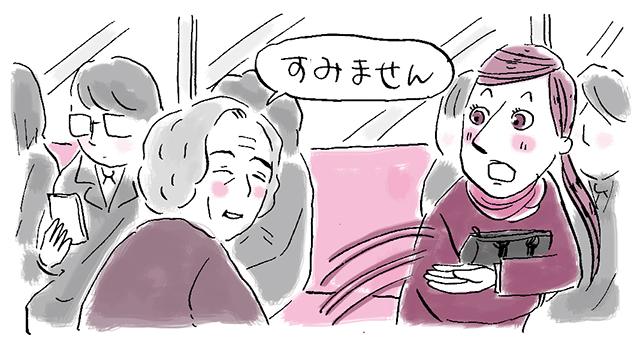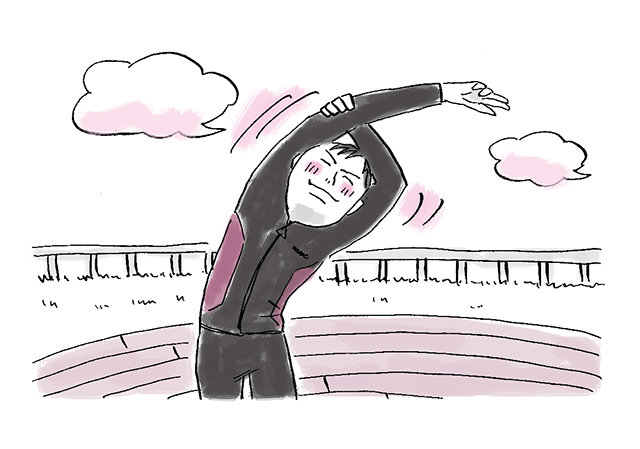Expressions that Also Have a Contradictory Meaning

“Sumimasen” is an expression for “Excuse me,” or “I’m sorry,” but it is used to mean the opposite: “Thank you.” For instance, when you give up a seat to someone on a train, and the person says “sumimasen,” they mean “Thank you.”
“Kekkou” has two meanings: “ii desu ne” and “irimasen.”
If you say, “kore wa kekkouna ryouri desu ne” (this is delicious cuisine), “kekkou” means “oishii” (delicious) or “subarashii” (wonderful). If you are asked “Ocha o mou ippai ikaga desu ka” (would you like another cup of tea?), and you reply “kekkou desu,” it means “No, thank you.”
The word “yabai” is widely used among young people.
Originally it meant “abunai ” (dangerous), but recently young people use it to mean “sugoi” (great).

“Iikagen” means “choudo yoi” (it just fits), but if you say “kare wa iikagenna otoko da,” it means “He is not a trustworthy guy.” When the positive meaning is used, an accent is placed on “ii.” . “Choushi ga ii ” means “in good form,” but if you say “kare wa choushi ga ii otoko da,” it means “He is a calculating guy.”
“Tekitou” has also a contradictory meaning. If you say, “Sore wa tekitou desu,” tekitou means “appropriate,” but if you say “tekitouni yatte kudasai,” it means “It’s okay to do it roughly.” “Nai mono wa nai” has also two meanings; “subetearu” (Everything is available), and “Nai no dakara, nan to iwaretemo nai” (We don’t have it, so whatever you say it is not available).
Besides these, there are confusing expressions when it comes to food and drink vocabulary. “Gohan” means “meal,” as well as “steamed rice.” Similarly, “sake” refers to alcohol in general, or Japanese wine.
